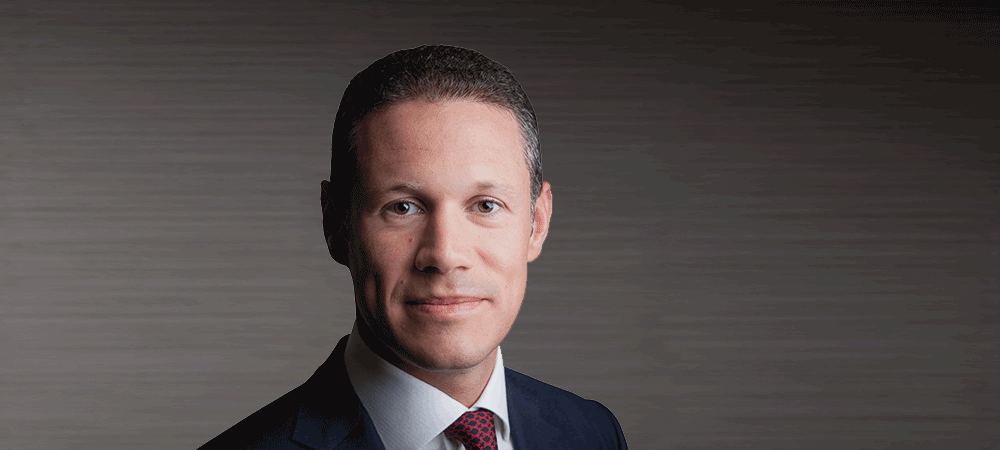
Badr Jafar appointed to UNESCO Commission
Badr Jafar, Chief Executive Officer of UAE-based multinational company Crescent Enterprises, has been appointed to the Futures of Education International Commission, which is governed by the United Nations Education, Scientific and Cultural Organization (UNESCO). The Commission was launched on 26 September 2019 at the 74th UN General Assembly in New York.
Chaired by Her Excellency Sahle-Work Zewde, President of the Federal Democratic Republic of Ethiopia, the Commission consists of 15 eminent figures and thought leaders from the worlds of politics, academia, the arts, science, business, and education.
The Commission’s mandate is to reexamine and reimagine how knowledge and learning can contribute to the global common good, considering recent geopolitical shifts, accelerated environmental degradation, climate change, changing patterns of human mobility, and the exponential pace of scientific and technological innovation.
Audrey Azoulay, Director-General, UNESCO, said:
“When inequalities deepen, when digital, big data and artificial intelligence open new perspectives, when cognitive sciences disrupt traditional approaches to learning, then it is crucial to rethink education.”
Commenting on his appointment, Badr Jafar, Chief Executive Officer, Crescent Enterprises, said:
“Identifying the human capital needs of tomorrow and creating learning environments that will prepare future generations to thrive in an ever-evolving socio-economic landscape, is an imperative for all nations and societies. As an essential service to humanity, education cannot continue in a business-as-usual manner, and it is upon governments, the private sector, academia, civil society and all consumers of education to join forces to bridge the gap between today’s curricula and humanity’s future needs, along with the needs of our natural environment.”
The Commission is also scheduled to publish a flagship report in November 2021, which will serve as the global agenda for policy dialogue and action around the future of education. The findings of the report will shed light on the multiple possible futures of technological, social, economic, and environmental disruption and how education may both affect and be affected by these future scenarios. Looking to the year 2050 and beyond, the report is set to present visions and strategies for both education policy and education practice to adopt.
